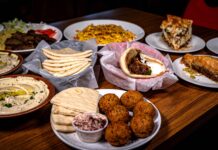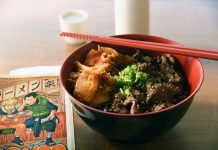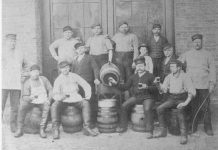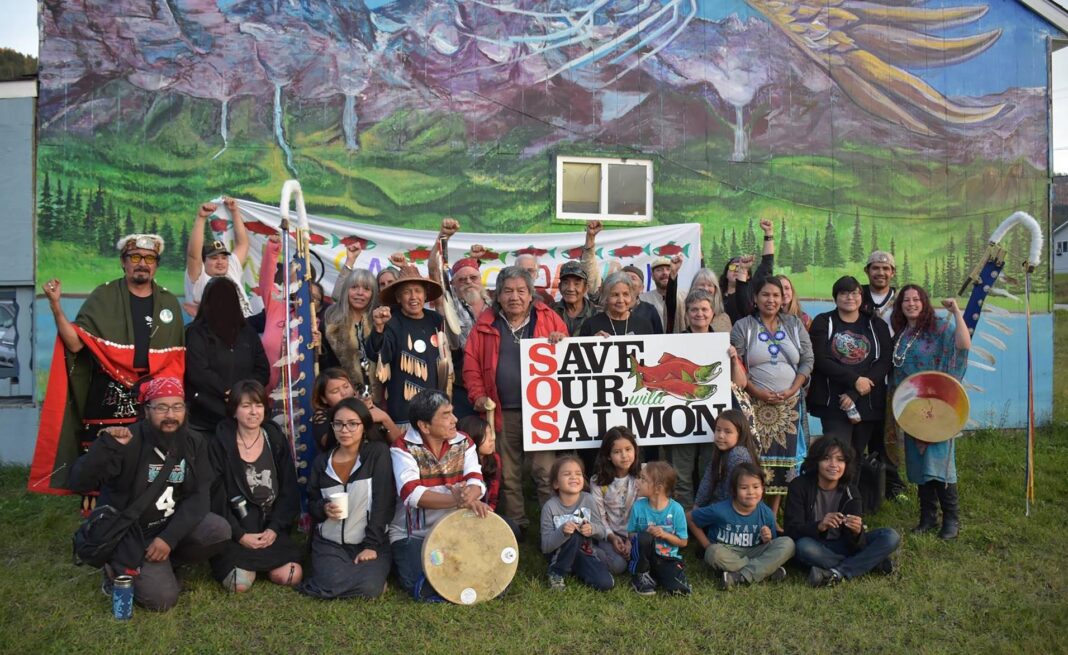The Fall 2022 issue of Food & Dining Magazine (#75) is now available in all the familiar places: Louisville area eateries and food shops, newsstands and online. Go here for a preview of the features, profiles and columns, with links to the new edition at issuu.
There’s an interesting disclaimer at the CSQ website: “Our website houses close to five decades of content and publishing. Any content older than 10 years is archival and Cultural Survival does not necessarily agree with the content and word choice today.”
What this says to me is when the facts change and updated information comes to light, it’s time to re-examine my own preconceived beliefs, and consequently I enjoy being exposed to new ideas.
That’s what “Edibles & Potables” is all about.
Back to the Roots: Restoring Indigenous Food Landscapes, a 2020 interview with Dawn Morrison (Secwepemc) at Cultural Survival Quarterly Magazine.
Dawn Morrison (Secwepemc) is the founder and curator of the Working Group on Indigenous Food Sovereignty. Since 1983, she has worked in and studied horticulture, ethnobotany, adult education, and restoration of natural systems in formal institutions, as well as through her own personal and community healing and learning journey. Morrison has been dedicating her time and energy to land-based healing and learning, which led her to her life’s work of realizing herself more fully as a developing spirit-aligned leader in the Indigenous food sovereignty movement. She has consistently organized and held the space over the last 15 years for mobilizing knowledge and networks towards a just transition from the basis of decolonizing food systems in community, regional, and international networks, where she has become internationally recognized as a published author.
I’ll pull just one question. You’ll want to dive in and read the rest.
CS: What does Indigenous food sovereignty look like?
DM: Indigenous Peoples have lived the reality of Indigenous food sovereignty for thousands of years and have made major contributions to the food security of all Peoples. The Working Group has identified four central themes that have emerged in our work since 2006. The first principle is the sacred responsibility to uphold the relationships to the land, water, people, plants, and animals that provide us with our food. Indigenous food sovereignty is given to us from the Creator, who placed us here and gave us our original instructions. Our right to adequate amounts of culturally appropriate foods in the forests, fields, and waterways is based on natural law and should not be constrained by colonial laws and policies. We eat food, it becomes us. Food comes from the land, so we are a part of the land. Our food gives us a sacred life energy and nourishes and heals our bodies, minds, and souls. The second principle is the participatory action-oriented nature of food sovereignty. We must participate in Indigenous food related activities on a day to day basis to achieve food sovereignty and uphold our sacred responsibilities. This includes hunting, fishing, farming, gathering, preserving, preparing, sharing, and trading foods in a cooperative subsistence economy. The third principle is self-determination and freedom from corporate control of the land and food systems. Self-determination is the ability to take care of ourselves and be self-sufficient in a web of relationships with our extended families, communities, and networks that transcend the individualistic values of capitalism. The fourth principle is decolonizing policy, planning, and governance. While Indigenous food sovereignty is grounded in practice, it is being negatively impacted by the mechanistic worldview of the Western-based system of agricultural research and resource extraction that is favored in colonial frameworks. Indigenous food sovereignty cannot be achieved within the same institutional frameworks that were designed to dispossess us.






















